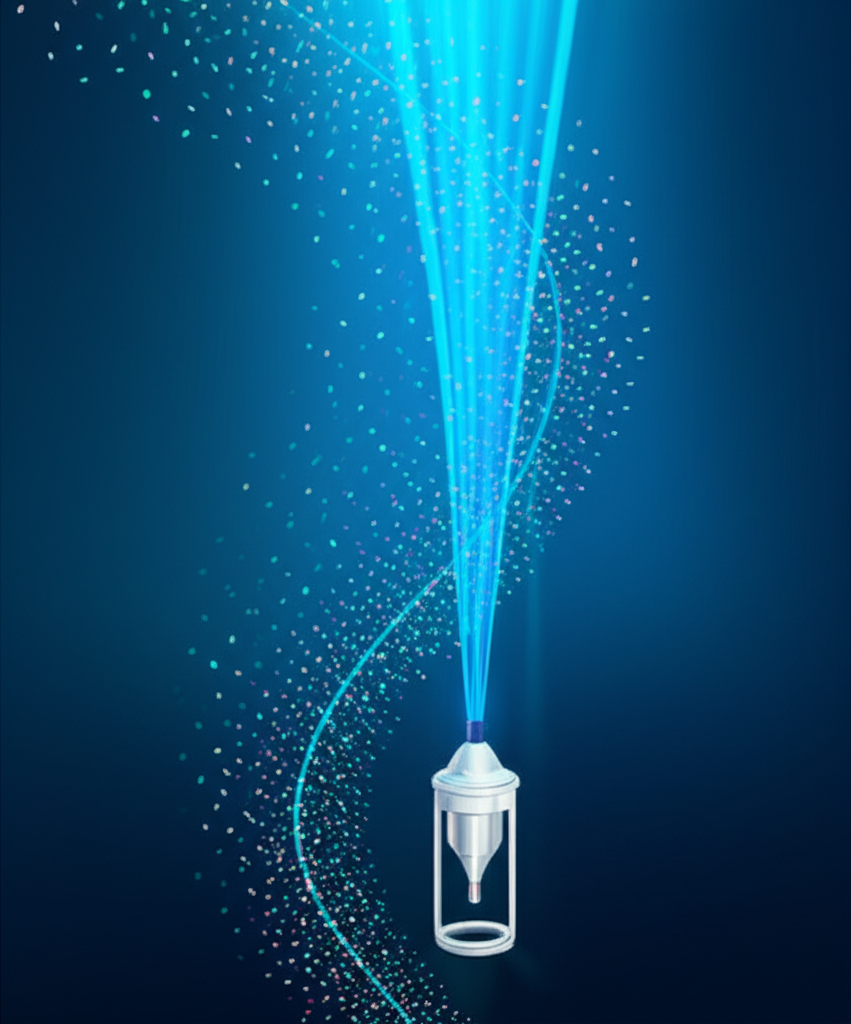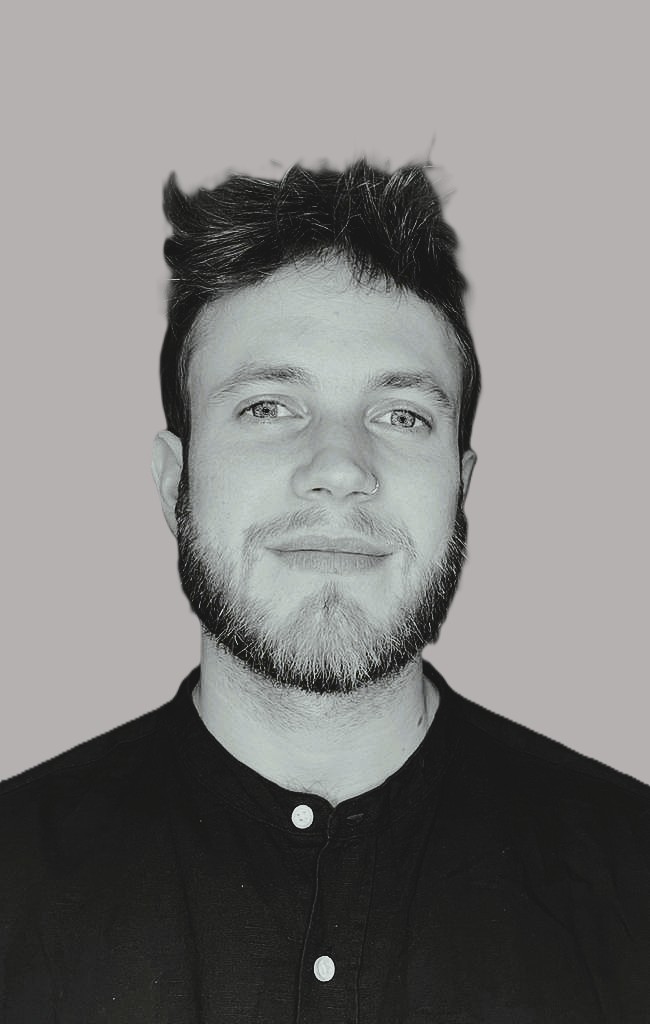
AI Microplastics Detection
AI-powered sensors in Malta identify and classify microplastics with global scientific value.
About Microplastics
Tiny plastic particles less than 5mm in size that result from the breakdown of larger plastic debris in marine environments.
Microplastics contaminate marine food chains, affecting marine life health and potentially human health through seafood consumption.
Traditional detection methods are time-consuming and expensive, making large-scale monitoring difficult for researchers and conservationists.
Advanced AI and machine learning technologies can automate detection, enabling faster and more accurate monitoring of microplastic pollution.
Problem Statement
Microplastics pollution in marine environments has reached critical levels, with particles smaller than 5mm contaminating ocean ecosystems worldwide. Traditional detection methods are time-consuming, expensive, and often inaccurate.
Microplastics affect marine life through ingestion and bioaccumulation, disrupting food chains and potentially entering human food systems. Current estimates suggest over 5 trillion plastic pieces are floating in our oceans.
Our AI-powered sensor network provides real-time, automated detection and classification of microplastics, enabling continuous monitoring and data collection for scientific research and policy development.
Project Locations
Coordinates: 35.8989°, 14.5146°
Key locations for assessing microplastic pollution on sandy beaches in the Maltese islands, highlighting their ecological importance and vulnerability to plastic contamination
Milestones & Datapoints
AI Microplastics Detection Project Intention
Comprehensive project scope and objectives for AI-powered microplastic detection in Mediterranean waters, outlining the scientific approach and strategic goals.
Document Type
Research Report
File Size
3.2 MB
Status
Available
Data Collection Phase
Installation and calibration of AI-powered detection sensors across Malta's coastal waters.
Beaches Studied
4
Study Aims
abundance, types, sources (Aug-Sep)
Classification Phase
Continuous monitoring and data collection from deployed sensor network.
Samples Analyzed
15,847samples
Microplastic Types Identified
23types
Data Points Collected
2.3Mpoints
Reporting Phase
Scaling the sensor network to additional Mediterranean locations and beyond.
Target Locations
8sites
Expected Coverage
500km²
Get Involved

Tom De Block
Project Lead

Mariano Fragiacomo
Project Steward
Required Skills
Time Commitment
Open Opportunities
Help analyze and interpret microplastic detection data to identify pollution patterns and trends.
- Background in marine science or data analysis
- Experience with Python or R
- Understanding of statistical analysis
Assist with regular maintenance and calibration of underwater sensors in Malta.
- SCUBA certification
- Basic technical skills
- Availability for monthly maintenance dives
Help communicate research findings to local communities and policymakers.
- Strong communication skills
- Interest in environmental advocacy
- Local language proficiency preferred
Publications
Shooting down microplastics
Environmental Science & Technology
Contact
Have questions or want to learn more about AI Microplastics Detection? Get in touch with us directly.
Send us a messageExplore More Projects
Discover other innovative marine conservation initiatives making waves across the globe.
View All Projects